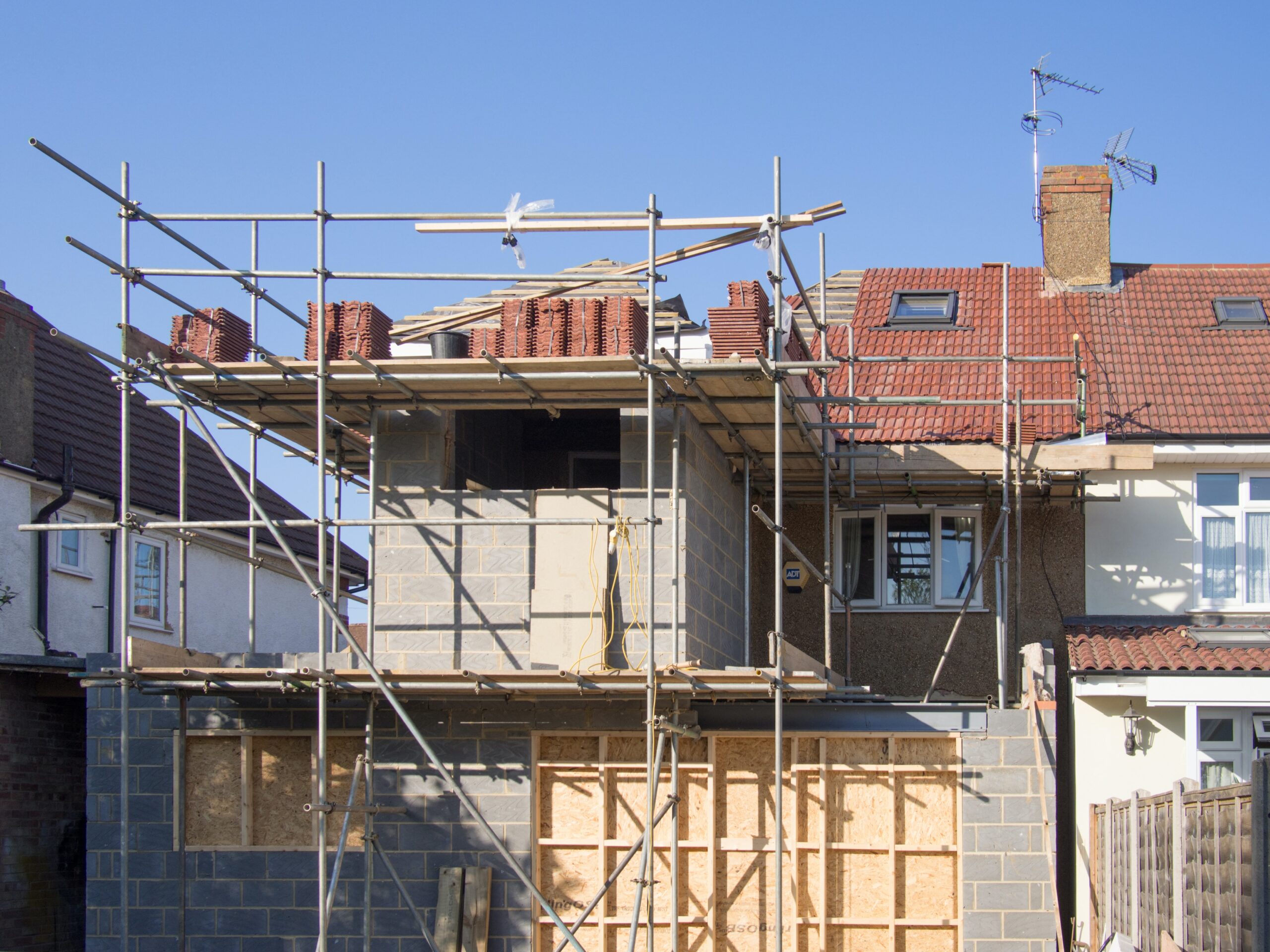In short, no, not since the case of Duval v 11-13 Randolph Crescent.
The decision clarified the principle that a landlord cannot give consent to alterations to a flat if the lease contains a prohibition against alterations alongside a clause giving the right to others within the same building to require the landlord to enforce the terms of the lease against other leaseholders.
For example, if your neighbour wants to install a fireplace and the lease prevents cutting into the walls, Randolph Crescent means you can ensure the freehold company doesn’t agree to the proposal. Each case is taken on its own facts and the particular wording of the whole lease, read together.
There are some wide-ranging implications of the decision; firstly, it will mean an end to the practice of freeholders accepting a premium to agree to an alteration in the event that the lease does not permit it.
This is a practice that has gone unchallenged for years and care should be taken to avoid parting with money for consent from a freeholder that is not lawful, in light of the Randolph Crescent case. It is fairly common for a freeholder to jump straight to issuing a licence for alterations without checking whether the alterations are permitted under the lease, even if the freeholder agrees.
The decision might also however be difficult to take for leaseholders that wish to undertake routine improvements, with no opposition in principle from a lessee owned freehold company, perhaps the installation of a heat pump or solar panels.
This case certainly adds to the traps for the unwary and any lessee owned freehold company needs to take advice on applications of this nature to minimise the risk of liability to directors.
If you require advice regarding alterations to a leasehold property, please contact Ricky Coleman, head of our Landlord and Tenant Department.
